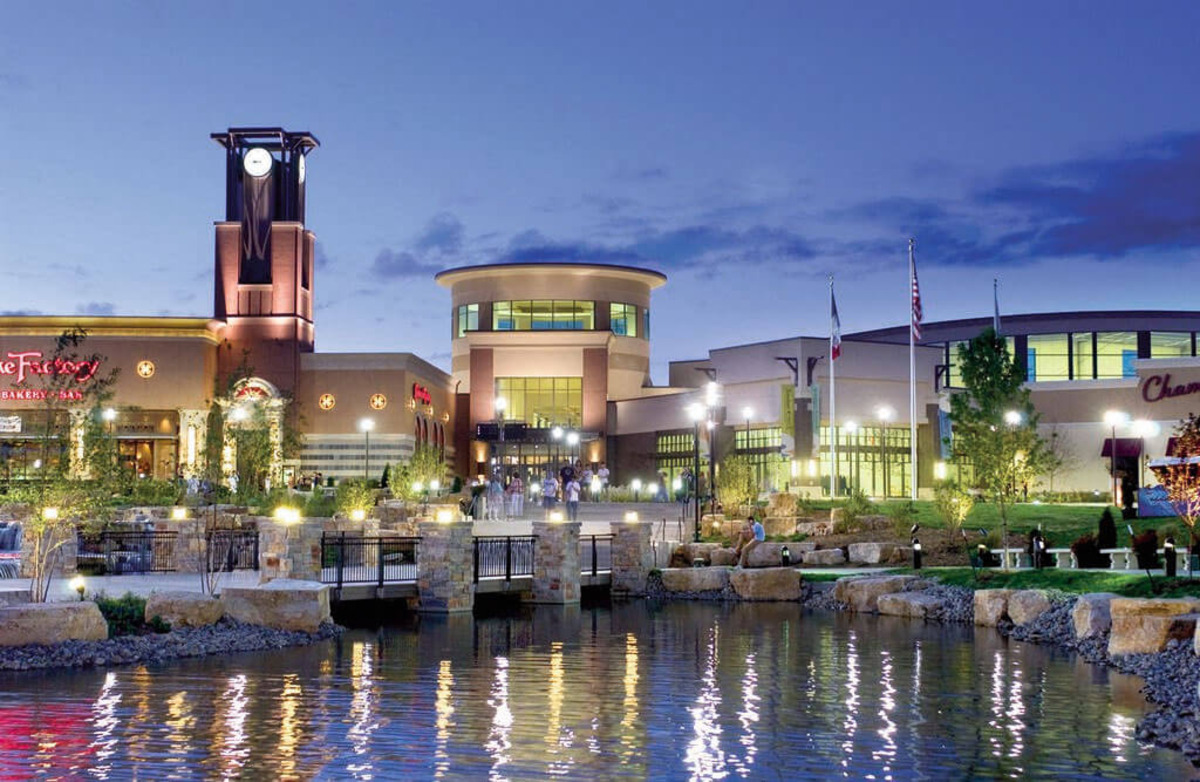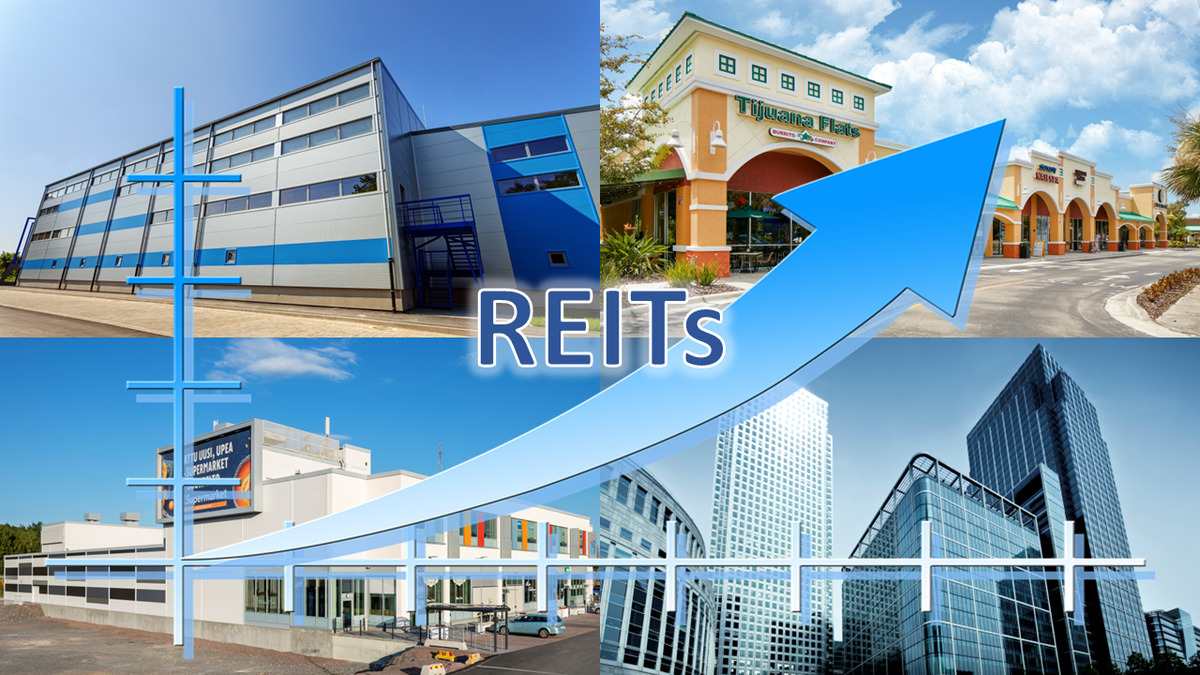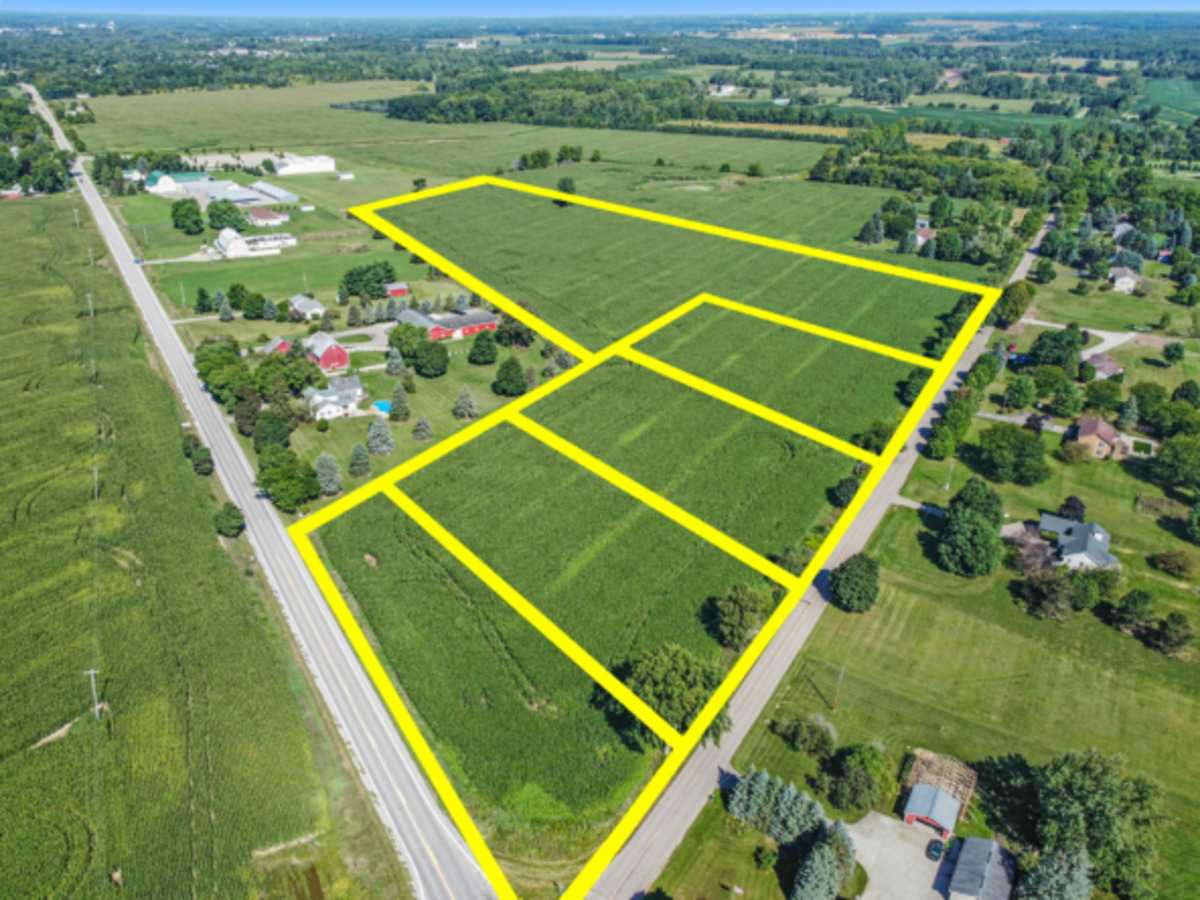Real Assets
$3.1B
ASSETS UNDER MANAGEMENT
7,500
OPERATING EMPLOYEES
650M+ SF
COMMERCIAL SPACE
As one of the world's largest investors in Real Assets, we own and operate iconic properties in the world's most dynamic markets. Our global portfolio includes office, retail, multifamily, logistics, hospitality, triple net lease, manufactured housing and student housing assets on five continents.
Our goal is to generate stable and growing distributions for our investors while protecting them against downside risk. Our assets are diversified by sector and geography, reducing exposure to movement in any single market and minimizing volatility.
In our public and private investment vehicles, we seek to generate superior returns by leveraging our operating expertise and focusing on our core Real Assets capabilities—leasing, financing, development, design and construction, and property and facilities management.

A new city rises
at Western Texas
The acquisition of the Terahive companies strengthened Dynamix Capital's position as a global leader in renewable power, adding significant wind and solar assets as well as operating platforms in India and China.
Real Assets Sectors
Real Assets leadership
Our leaders share a commitment to our time-tested approach to investing, hands-on value creation and practices that have a positive impact on our communities.
>>>Download Our Real Estate Brochure Here
Invest with Dynamix Capital Management
Our global Real Assets portfolio is available to investors through our publicly listed vehicle, Dynamix Capital Management Property Partners, or through our private funds. We also offer listed Real Assets funds through our public securities business.
Real Assets sectors

REITs

Publicly traded REITs, or real estate investment trusts, are companies that own commercial real estate (think hotels, offices and malls). You can invest in shares of these companies on a stock exchange. By investing in REITs, you are investing in the real estate these companies own, without as many of the risks associated with owning real estate directly. REITs are required to return at least 90% of their taxable income to shareholders every year. This means investors can receive attractive dividends in addition to diversifying their portfolios with real estate. Publicly traded REITs also offer more liquidity than other real estate investments: If you find yourself suddenly needing some cash, you can sell your shares on the stock exchange. If you want to invest in publicly traded REITs, you can do so through a brokerage account.
Commercial Real Estate

Commercial real estate is a space that is rented or leased by a business. An office building rented by a single business, a gas station, a strip mall with several unique businesses and leased restaurants are all examples of commercial real estate. Unless the business owns the property itself, each business would pay rent to the property owner. Industrial and retail real estate can fall under the commercial umbrella. Industrial real estate generally refers to properties where products are made or housed rather than sold, like warehouses and factories. Retail space is where a customer can buy a product or service, like a clothing store. Commercial properties tend to have longer leases and can command more rent than residential properties, which may mean greater and steadier long-term income for a property owner. But they may also require higher down payments and property management expenses.
Residential Real Estate

Residential real estate is virtually anywhere that people live or stay, such as single-family homes, condos and vacation homes. Residential real estate investors make money by collecting rent (or regular payments for short-term rentals) from property tenants, through the appreciated value their property accrues between when they buy it and when they sell it, or both. Investing in residential real estate can take many forms. It can be as simple as renting out a spare room or as complicated as buying and flipping a house for a profit.
Raw Land

If you build it, will they come? Investors typically buy land for either commercial or residential development. But buying land to develop involves a fair amount of market research, especially if you plan to develop the property yourself. This type of investment is best suited to someone with a large amount of capital to invest and a deep knowledge of all things real estate —building codes, zoning regulations, flood plains — in addition to an understanding of the local residential and commercial rental markets.
Dynamix Capital Real Estate Investment Podcast

Careers
We integrate sustainable investment practices into the heart of what we do. We want the investments we make to be a driving force for change: for our clients, their beneficiaries and the world we live in. To do this, we need people that are passionate about making a change in this world.





